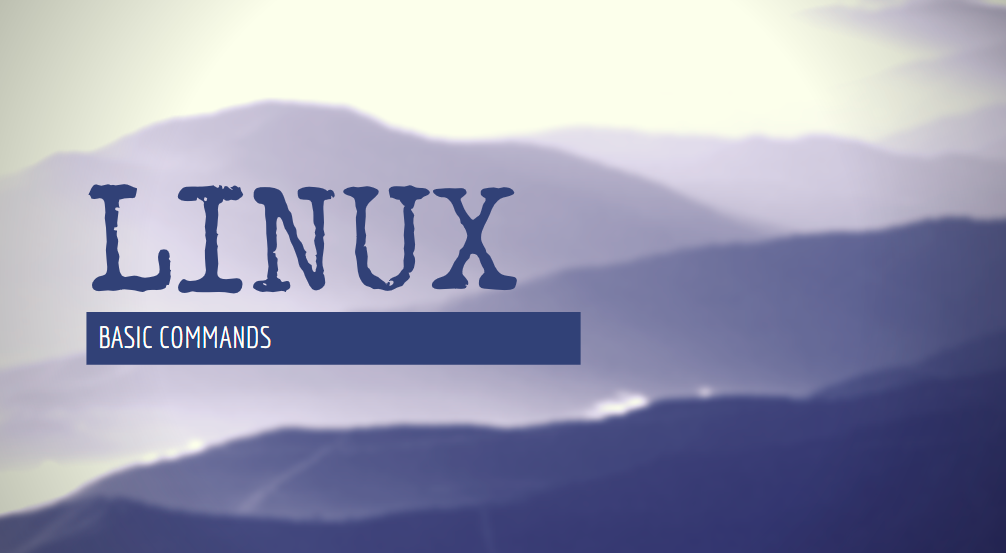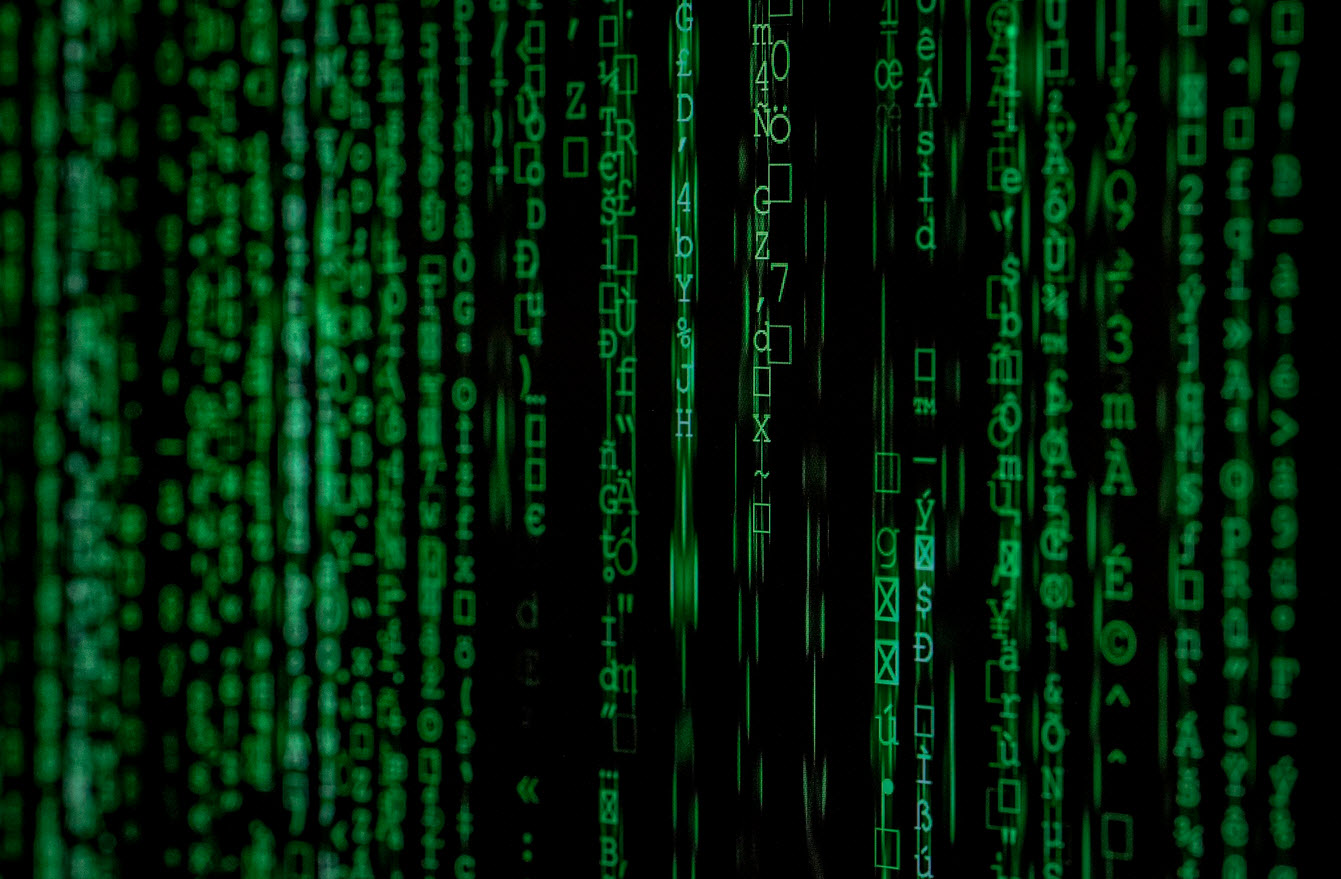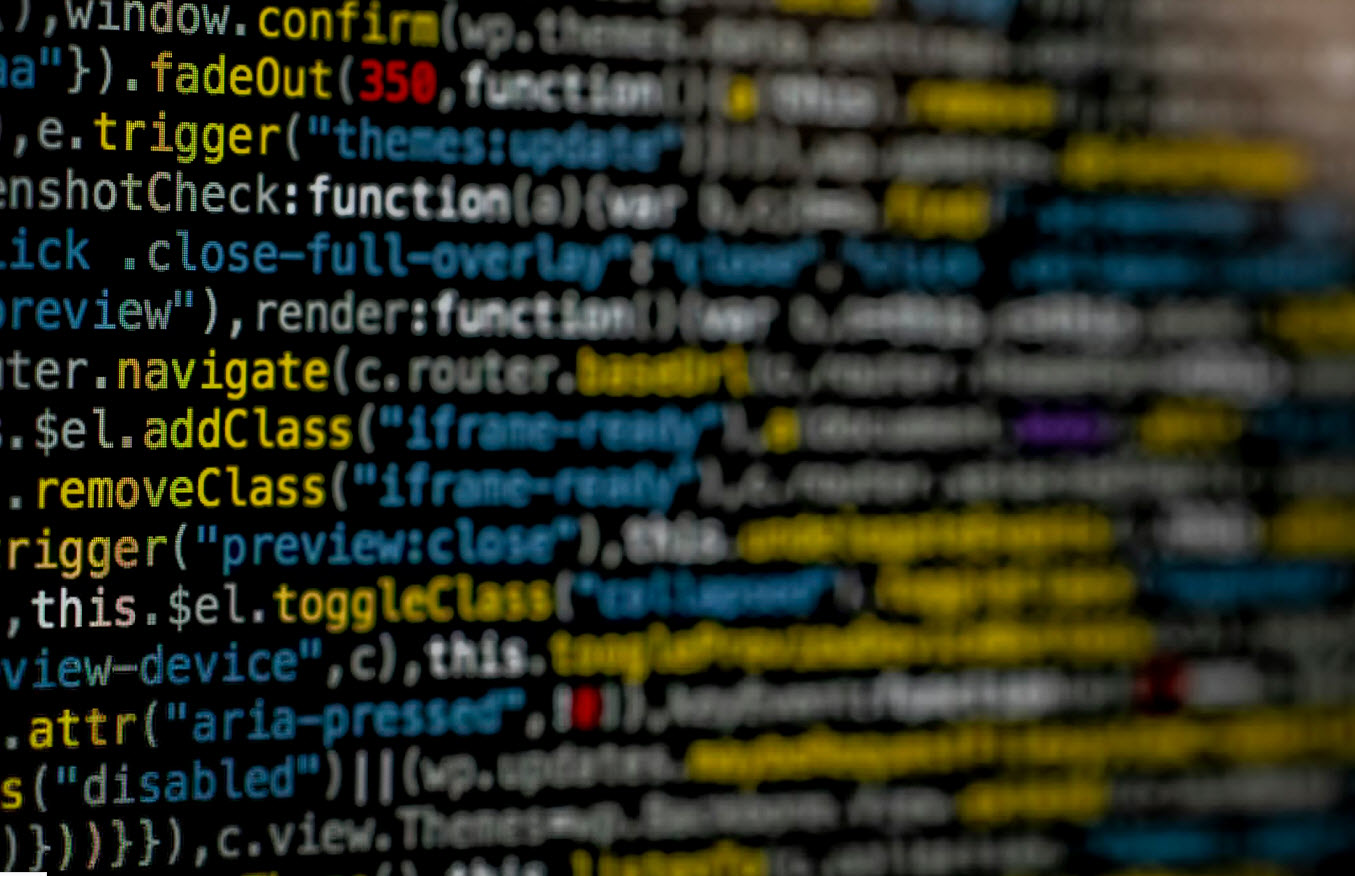
People who don’t know what Linux is sometimes ask us if it’s a program that runs on Microsoft Windows. When we tell them that Linux is, itself, an operating system like Windows and that they can remove (or never purchase) Windows, We sometimes get a surprised reaction: “A PC can run with nothing from Microsoft on it?”
In 1991, Linus Torvalds, a student at the University of Helsinki, Finland, started work on a UNIX-like kernel because he wanted to be able to use the same kind of operating system on his home PC that he used at school. At the time, Linus was using Minix, but he wanted to go beyond what the Minix standards permitted.
As noted earlier, Linus announced the first public version of the Linux kernel to the comp.os.minix newsgroup on August 25, 1991, although Linus guesses that the first version didn’t actually come out until mid-September of that year.
Here are the list of Linux basic commands:
| S.No | Command | Explanation |
|---|---|---|
| 1 | alias | Allows you to set aliases and view the current aliases. |
| 2 | awk | Search for a pattern within a file. |
| 3 | alien | Converts .tgz and rpm’s to .deb format. |
| 4 | banner | Prints characters as a poster. |
| 5 | badblocks | Searches a device for bad blocks. |
| 6 | biff | Turns mail notification on and off. |
| 7 | bg | Move a job running in the foreground to the background. |
| 8 | bzip2 | Used to compress and decompress files. Similar to gzip. |
| 9 | cardctl | Used to control PCMCIA cards. |
| 10 | cfdisk | Used to partition a hard disk. |
| 11 | cp | Copy |
| 12 | chattr | Changes the attributes of a file or folder. |
| 13 | chroot | Change the root directory for a command. |
| 14 | chmod | Used to change permissions on a directory or file. |
| 15 | chown | Used to change the owner of a file or directory. |
| 16 | chgrp | Used to change the group a file belongs to. |
| 17 | clear | Clears the screen |
| 18 | cpio | Copies file. |
| 19 | cat | Displays the content of a file |
| 20 | chpasswd | Used to change a large number of passwords at once. |
| 21 | cd | Changes directories. |
| 22 | chage | Sets password aging parameters. |
| 23 | cal | Displays a calendar. |
| 24 | cron | Used to execute commands at a certain time. |
| 25 | crontab | Allows you to view or edit the current cron jobs. |
| 26 | dselect | A graphical front end for dpkg. |
| 27 | dpkg | Installs packages on debain distro’s. |
| 28 | date | Prints current date to the screen |
| 29 | du | Lists disk usage in a directory. |
| 30 | df | Reports disk usage information. df -h |
| 31 | dmesg | Used to view the kernel boot file. |
| 32 | dump | Used for backing up. |
| 33 | edquota | Sets quotas for specific users. |
| 34 | env | Lists current environment variables. |
| 35 | fdisk | Used to create/edit/delete partitions. |
| 36 | fsck | Checks a file system for consistency. |
| 37 | fg | Used to send jobs to the background. |
| 38 | fuser | Checks to see what processes and users have open files. |
| 39 | find | Searches for a file. |
| 40 | free | Will show total memory, used memory, and free memory. |
| 41 | gcc | Used to compile C, Assembler, and Preprocessed C source. |
| 42 | gpasswd | Used to set a password for a group. |
| 43 | grep | Used to search through a file for a specified pattern. |
| 44 | getty | Set terminal type, modes, speed, and line discipline |
| 45 | groupadd | Create new group account. |
| 46 | groupdel | Deletes a group. |
| 47 | groupmod | Used to modify a group. |
| 48 | groups | Shows what groups a user is part of. |
| 49 | gunzip | Uncompress files compressed by gzip. |
| 50 | head | Displays the first 10 lines of a file to the screen. |
| 51 | hdparm | Gets disk information. |
| 52 | history | Lists recently executed commands. |
| 53 | host | Used to get DNS info. |
| 54 | htpasswd | Allows you to set usernames and passwords for your websever. |
| 55 | id | Display information about yourself or another user. |
| 56 | insmod | Installs modules. |
| 57 | init | Used to change run levels. |
| 58 | isapnp | Sets up ISA cards. |
| 59 | icmpinfo | Intercept and interpret ICMP packets |
| 60 | jobs | Used to show jobs running in the background. |
| 61 | join | Join lines of two sorted. |
| 62 | kill | Used to kill a process. |
| 63 | killall | Kill processes by command name. |
| 64 | kernelcfg | A graphical application configures Linux. |
| 65 | klogd | Control which kernel messages. |
| 66 | linuxconf | A command line GUI which lets you configure your linux. |
| 67 | lpc | Used to control a line printer. |
| 68 | lpq | View the print spool queue. |
| 69 | lpr | Send files to the printer spool queue. |
| 70 | ls | Displays a directories contents. |
| 71 | ln | Used to create hard and symbolic links. |
| 72 | less | Display the contents of a file. |
| 73 | locate | Search for a file or directory. |
| 74 | ldd | Shows what shared libraries a program is dependent on. |
| 75 | ldconfig | Used to configure/view shared libraries. |
| 76 | last | Lists logins and reboots. |
| 77 | lastlog | Print the last login times for system accounts. |
| 78 | lsmod | Lists loaded modules. |
| 79 | lsattr | Lists the attributes for a file or folder. |
| 80 | logrotate | Used to manipulate log files. |
| 81 | mount | Used by itself, reports the currently mounted files. |
| 82 | modinfo | Give info about the module. |
| 83 | modprobe | Queries modules. |
| 84 | man | Displays the Man page for a given command. |
| 85 | mesg | Used to allow/not allow ‘write’. |
| 86 | manpath | Attempts to determine the path to a man page. |
| 87 | Used to send and receive mail. | |
| 88 | mkdir | Make directory |
| 89 | mke2fs | Used to format a partition with the Ext2 file system. |
| 90 | mv | Move/Rename |
| 91 | merge | Merge multiple files together. |
| 92 | more | Lets you page through text one screen full at a time. |
| 93 | minicom | Great utility for troublshooting a modem. |
| 94 | mkbootdisk | Used to make a boot disk. |
| 95 | ntsysv | Used to select what services should automatically start. |
| 96 | nice | Used to set process priorities. |
| 97 | nslookup | Used to get DNS info from name servers. |
| 98 | netstat | Shows active sockets. |
| 99 | ps | Displays current processes |
| 100 | ping | Used to test connectivity between two hosts. |
| 101 | pwd | Present Working Directory |
| 102 | pwconv | Used to set up the /etc/shadow file. |
| 103 | pnpdump | Determines settings for existing ISA cards. |
| 104 | quota | Allows users to view their own disk quotas. |
| 105 | quotaon | Turns on disk quotas for the system. |
| 106 | quotaoff | Turns off disk quotas for the system. |
| 107 | repquota | Provides reports of disk usage for various users. |
| 108 | rmmod | Removes modules. |
| 109 | rm | Remove |
| 110 | rmdir | Remove directory |
| 111 | rpm | (RedHat flavors only) Used to install RPM’s |
| 112 | rpcinfo | Used to see what rpc services are available. |
| 113 | route | Used to view/change routes between you and other hosts. |
| 114 | smbclient | Used to connect to Windows shares or Samba. |
| 115 | smbadduser | Maps linux user names to Windows NT user names. |
| 116 | smbpasswd | Used to update the smbpasswd file with new accounts. |
| 117 | set | Used to read and write variables. |
| 118 | setquota | Used to set disk quotas. |
| 119 | sort | Sorts lines in a file by alphabetical order. |
| 120 | sndconfig | Used to probe and configure a sound card. |
| 121 | su | Change to Super User (root). |
| 122 | spell | Checks for spelling errors in a file. |
| 123 | startx | Start the X Server (GUI) |
| 124 | shutdown | Shutdown machine |
| 125 | suspend | Places a shell in the background. |
| 126 | showmount | Shows mount information for an NFS server. |
| 127 | swapon | Turns on the swapfile. |
| 128 | swapoff | Turns off the swapfile. |
| 129 | testparm | Used to troubleshoot Samba. |
| 130 | tar | Used to compress multiple files. |
| 131 | timeconfig | Used to set the timezone on your machine. |
| 132 | tac | View a file from the last line up. |
| 133 | touch | Creates an empty file. |
| 134 | tail | Displays the last 10 lines of a file to the screen. |
| 135 | talk | Used to chat with another user on the same machine. |
| 136 | tr | Converts one set of characters to another. |
| 137 | traceroute | Used to track the path a packet takes to a host. |
| 138 | top | Shows information about the most CPU-intensive Apps. |
| 139 | useradd | Add a user. |
| 140 | usermod | Modify a user. |
| 141 | userdel | Delete a user. |
| 142 | umount | Removes a device from the filesystem. |
| 143 | updatedb | Updates the locate database. |
| 144 | uname | Determines OS name, version and machine name. |
| 145 | vmstat | Lists information on memory usage. |
| 146 | vi | A text editor |
| 147 | whereis | Finds documentation files. |
| 148 | who | Tells you who is logged into your server. |
| 149 | whoami | Tells you your user information. |
| 150 | wc | Print the number of bytes, words, and lines in files. |
| 151 | which | Finds the full path for a command. |
| 152 | write | Used to send a message to another user. |
| 153 | whois | Used to query servers for info on. |
| 154 | wall | Writes a message to all logged in users. |
| 155 | xman | Graphical interface for man pages. |
| 156 | xf86config | Used to configure X. |
| 157 | zcat | Read files that have been compressed with gzip. |








